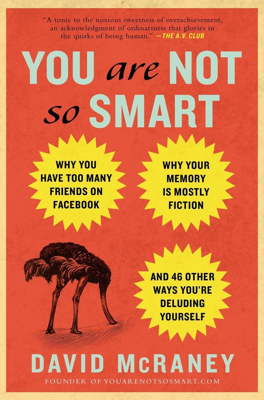Self-Fulfilling Prophecies
Misconception vs. Truth
Misconception: Predictions about your future are subject to forces beyond your control.
Truth: Just believing a future event will happen can cause it to happen if the event depends on human behavior.
The Thomas Theorem
- First postulated by sociologist W.I. Thomas in 1928: "If men define situations as real, they are real in their consequences."
- People's actions based on their assumptions about the present can shape the future to match those assumptions.
Self-Fulfilling Prophecies
- Coined by sociologist Robert K. Merton in 1968, it describes how false perceptions about a situation can lead to behaviors that make those perceptions true.
Examples and Impact of Self-Fulfilling Prophecies
- Shortage Rumor: If people believe there will be a shortage of a product, their collective behavior (buying in bulk) creates the very shortage feared.
- Social Definitions: Many aspects of life (e.g., product quality, movie ratings) are socially defined rather than objectively measurable. Beliefs can influence actions that change the reality of these definitions.
Stereotype Threat
- Claude Steele and Joshua Aronson's Study (1995): African-American students underperformed on a test when they were told it measured intelligence, due to the fear of confirming negative stereotypes. This phenomenon is referred to as stereotype threat.
- Gender and Math Performance: Women performed worse on difficult math tests unless told beforehand that women and men perform equally, nullifying the stereotype effect.
Labeling Theory
- Academic Performance: Teacher expectations can create self-fulfilling prophecies. If teachers believe a student is smart, they provide more attention and support, leading to better performance (Crano and Mellon, 1978).
Market Behavior
- Stock Market: Predictions of a market crash lead to selling behavior, which in turn causes the predicted crash.
Personal Relationships
- Perception of Others: Believing someone will act negatively can lead to hostile behavior towards them, causing them to fulfill the negative expectation.
- Partner Doubts: Expecting a partner not to love you can result in interpreting minor actions as rejection, leading to a feedback loop that strains the relationship.
Behavioral Predictions
- Steven Sherman's Study (1980): Asking people if they believed they would perform a future action increased the likelihood of them performing it by creating a self-fulfilled identity.
Practical Implications
- Acting with a positive outlook can prevent self-fulfilling negative outcomes, thereby improving life situations. While it doesn't guarantee success, avoiding negative assumptions can lead to better outcomes.
- Avoiding The Secret Fallacy: Simply believing in something doesn't make it true, but avoiding negative beliefs can help to create positive changes.
